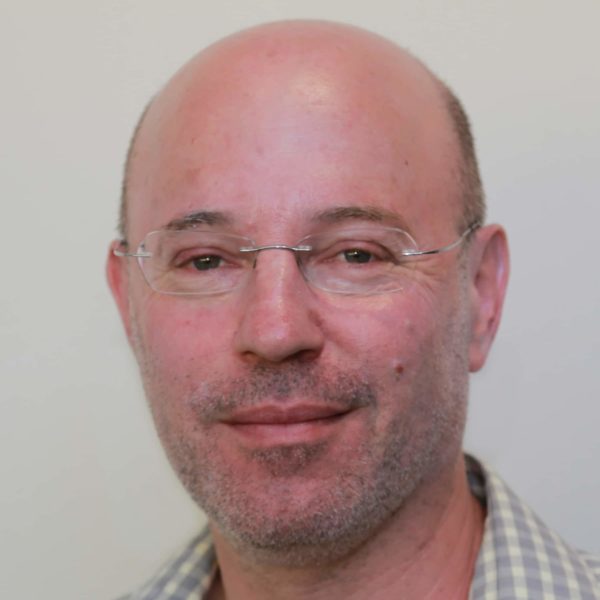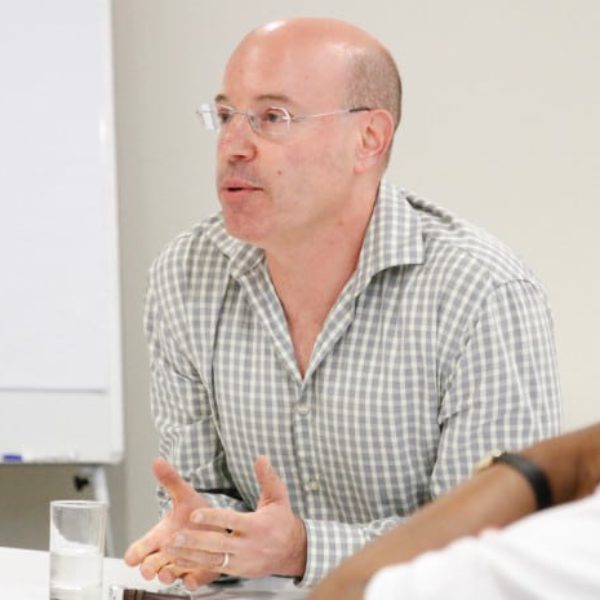The book I am writing is a social history of the first two decades of South African democracy. Its outstanding methodological quality is to show that statecraft can be studied with unusual analytical power, not via a frontal examination of public institutions, but through the study of ordinary lives over time.
The narrative foundation of the book is a single incident: a shootout between two white policemen and seven black civilians on a dirt road in a rural district in the eastern Free State in 1992. The book follows the subsequent life histories of all who survived the incident. I give an account of an evolving democratic society via an examination of their lives.
I argue that the democratic state has governed South Africa by digging deep into history where it found and used two old bequeathments: a welfare state the country’s white governors began building in the 1920s; and a long history of collective violence through which South African strangers have built solidarities. It has used these bequeathments to manage the meanings of growing inequality and to offer the populace an image of freedom that has been deferred, not abandoned.
I show how the effectiveness of both these endeavours has frayed over two decades. Most important of all, I show these things in the ways that ordinary people contemplate such vital matters as the prospect of their deaths.
Menu
Related news
Related news
Share this project:
Share on whatsapp
WhatsApp
Share on email
Email
Share on facebook
Facebook
Share on twitter
Twitter
Share on linkedin
LinkedIn
Is any information on this page incorrect or outdated? Please notify Ms. Nel-Mari Loock at [email protected].


